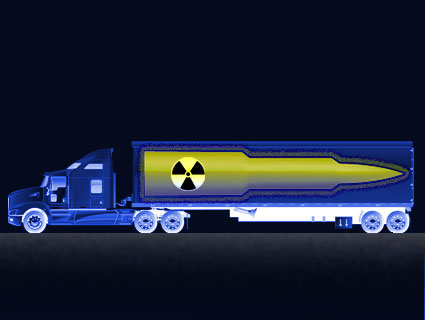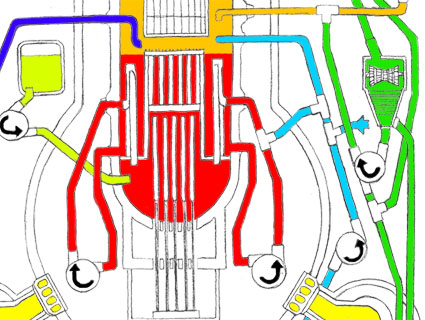
Full Body Burden: Growing Up in the Nuclear Shadow of Rocky Flats
By Kristen Iversen
CROWN PUBLISHERS
Kristen Iversen was raised near the Rocky Flats facility in Colorado, at a time when few workers at the plutonium trigger plant knew exactly what it produced. Eventually, reports of groundwater contamination, missing plutonium (3,000 pounds!), radioactive rabbits, and cancer fears drew protesters—including Allen Ginsberg—to the gates. But it wasn’t until Iversen, by then a broke mom, took a job at the plant that she learned what was up. Her memoir is a deft rebellion against the silences, public and intimate, that have proven disastrous for her community.
This review originally appeared in our July/August issue of Mother Jones.












